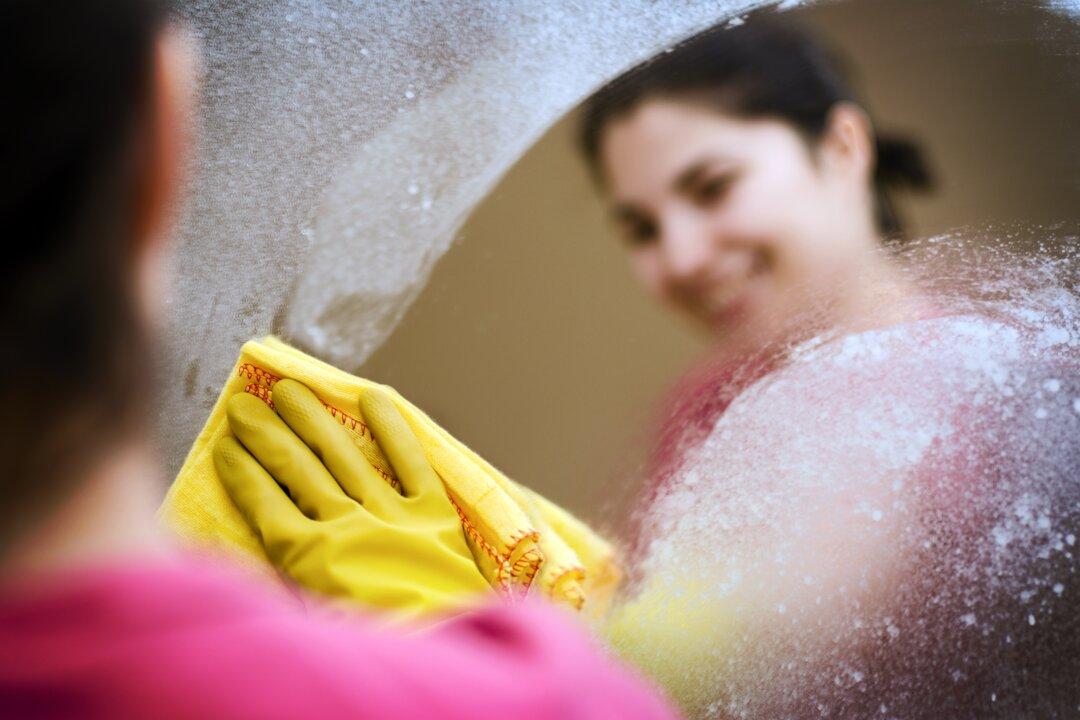Commentary
The English TV personality Susanna Reid once said, “Women telling men to step out of roles so they can step into them isn’t going to endear people to feminism,” nor “is telling women they are betraying feminism by enjoying the pleasures of being a traditional housewife.”





